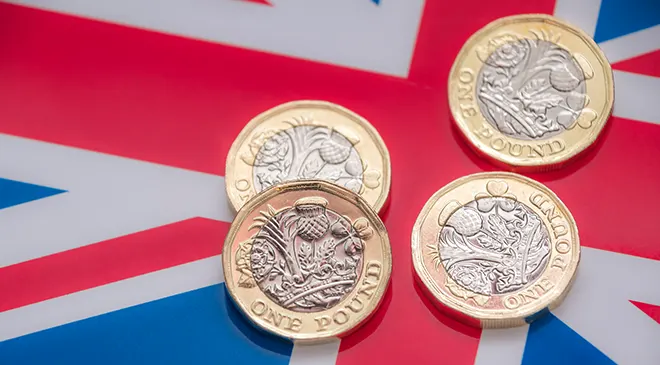 In May, the Charity Commission launched an investigation into GambleAware after the Good Law Project raised concerns regarding GambleAware’s alleged failure to take an unbiased approach toward gambling treatment and prevention. The Charity Commission did not find any incriminating factors during this probe, and as announced by GambleAware on Monday, the case is now closed. Meanwhile, the Betting and Gaming Council (BGC) celebrated its members’ generous contributions toward the services that aim to curb gambling harm in the UK.
In May, the Charity Commission launched an investigation into GambleAware after the Good Law Project raised concerns regarding GambleAware’s alleged failure to take an unbiased approach toward gambling treatment and prevention. The Charity Commission did not find any incriminating factors during this probe, and as announced by GambleAware on Monday, the case is now closed. Meanwhile, the Betting and Gaming Council (BGC) celebrated its members’ generous contributions toward the services that aim to curb gambling harm in the UK.
The Good Law Project is a non-profit organisation that assisted advocate for gambling reform Will Prochaska and Annie Ashton, who lost her husband to gambling-related suicide, file a complaint against GambleAware as they believed GambleAware’s way of addressing harm was inadequate due to the organisation’s alleged close ties to the industry. The main argument was centred around GambleAware’s focus on educating gamblers on how to partake in wagering responsibly, as opposed to calling for the prohibition of gambling. According to the Good Law Project, this was fuelled by GambleAware being funded primarily by the gambling industry.
GambleAware was swift in its response, deeming the accusations misleading and harmful to those who needed its services. The Good Law Project then reiterated the belief that centring treatment around the responsibility of gamblers leads to stigma and argued that GambleAware’s services were “already undermined.”
Ultimately, the Charity Commission found no fault in GambleAware’s conduct. Instead, it determined that GambleAware had been successful in not letting funding from the gambling industry affect how it approached decision-making. Zoe Osmond, currently serving as GambleAware’s CEO, put an emphasis on GambleAware’s dedication to “advancing” its charitable purposes and that it has thus been among the main advocates for the implementation of a statutory levy that would ensure the UK’s gambling industry made sufficient contribution toward harm, prevention and treatment of problem gambling. She concluded her statement by urging those suffering from gambling harm to contact the National Gambling Support Network or the National Gambling Helpline.
BGC Members’ Role in Supporting the Prevention and Treatment Services That Aim to Tackle Gambling Harm
 Apart from GambleAware, another organisation that is in support of the statutory levy is the Betting and Gaming Council (BGC). On July 23rd, the industry body for betting and gaming celebrated the fact that its member operators have donated a staggering £172.5 million to research, prevention, and treatment services centred around problem gambling. This figure is just one quarter shy of being twice as substantial as the money BGC member operators pledged to donate when they first announced their plans back in 2020.
Apart from GambleAware, another organisation that is in support of the statutory levy is the Betting and Gaming Council (BGC). On July 23rd, the industry body for betting and gaming celebrated the fact that its member operators have donated a staggering £172.5 million to research, prevention, and treatment services centred around problem gambling. This figure is just one quarter shy of being twice as substantial as the money BGC member operators pledged to donate when they first announced their plans back in 2020.
“Our members have no say on how these funds are spent”, stressed Wes Himes, the BGC’s Executive Director of Standards and Innovation, but added that RTP donations, in particular, were reserved for independent entities that are recognised as authorised organisations by the Gambling Commission. He continued, saying that the BGC is in support of the switch toward a mandatory levy model but argued that such a scheme would have to “ensure future funding security for the third sector.”
It should be noted that there are some concerns regarding the proposed levy amount. Namely, land-based operators will be mandated to pay 0.4% of their revenue as part of the new scheme, something the BGC believes will have a negative impact on this already struggling section of the gambling industry. Since 2019, 160 betting shops have ceased operations, and estimations point toward a further 492 being put at risk by the 0.4% levy.
- Author


